You spend a significant part of your life building your business, and it becomes a major part of your legacy. But when you die, everything you have built could fall apart if you have not taken the time to create a business succession plan. Without a plan in place, your business’s fate may be decided by a court instead of according to your wishes. You can take actions now to position your business for continued success—even when you are no longer around to run it. Depending on the type of business entity you have formed, a business succession plan can be addressed in your last will and testament, the business’ operating agreement, or in a buy-sell agreement.
Before you create a succession plan for your business, keep in mind the following key steps:
- Determine the type of business entity. Is your business a sole proprietorship, partnership, limited liability company, or corporation? The type of business entity affects more than just taxes and day-to-day operations. It can also affect the succession planning options available to you. If you own your business as a sole proprietor, for instance, no one else has an ownership interest, so you are free to pass the business on to your chosen successor (or successors). But if co-owners are involved, your share of the ownership could be distributed to the other co-owners per the terms of an operating agreement or other legal document.
- Determine who gets the business. Some owners want to pass their business on to their family, and it may make sense to do so in a will upon the owner’s death. Other owners may want to have the business sold after they die so that the proceeds can be distributed to their beneficiaries. Business owners can also leave their businesses to non-family members, such as employees or charity. Still, some owners may prefer that the business continue to operate while they leave their interest to one or more co-owners. In this case, a buy-sell agreement can ensure that the decedent’s beneficiaries do not unintentionally become owners.
- Plan for management and ownership. Your business succession plan must do more than simply name who receives your business. A succession plan should address issues such as training and supporting successors; delegating duties to successors; naming outside directors, advisors, and professionals; designating who will own the business versus who will manage the business; and retaining key employees. Thinking ahead about such issues will improve the odds that ownership and management changes won’t cause the business to fail.
- Get creative. Wills, operating agreements, and buy-sell agreements are common legal documents used to specify what happens to your business when you pass away. There are some other solutions that might work well, however, depending upon your particular situation. One solution is gifting the business to a successor while you are still alive. Another is to create a living trust and transfer the business into the trust during your lifetime, with the person you want to succeed you named as the successor trustee who will step into your shoes at the time of your death.
Not having a business succession plan could lead to headaches and disputes for your heirs and damage the company you spent years building. Understanding business succession and creating a comprehensive plan can allow your company to thrive in your absence.
Don’t leave your legacy to chance. Talk with experienced business law, tax, and estate planning professionals about how to protect the future of your business.


